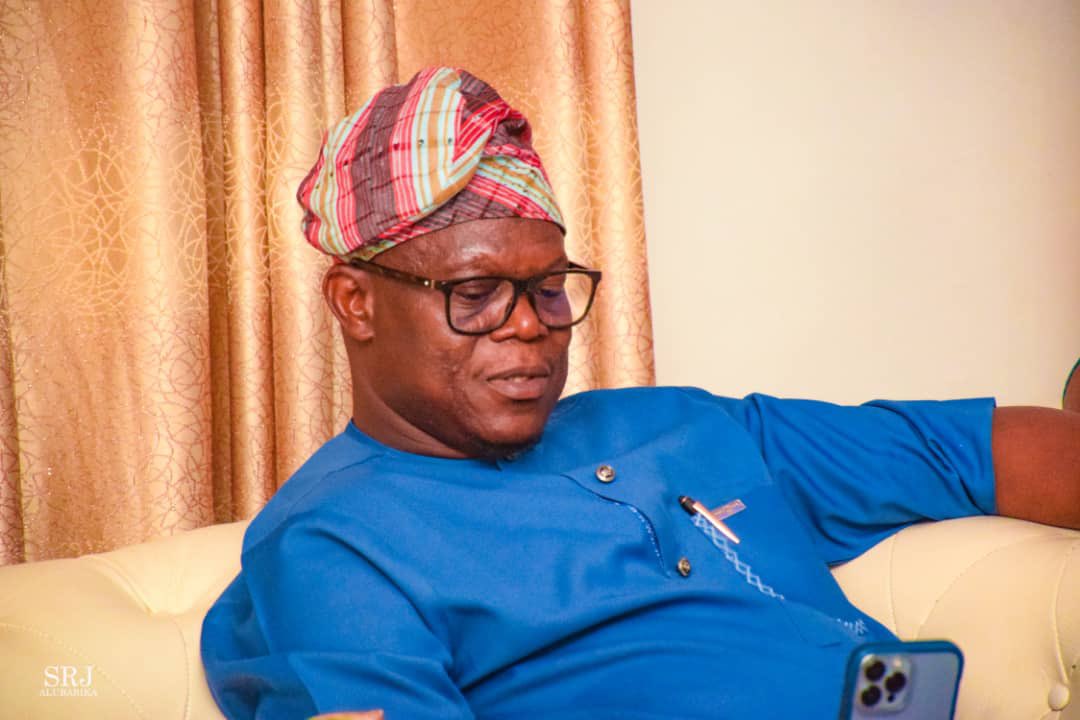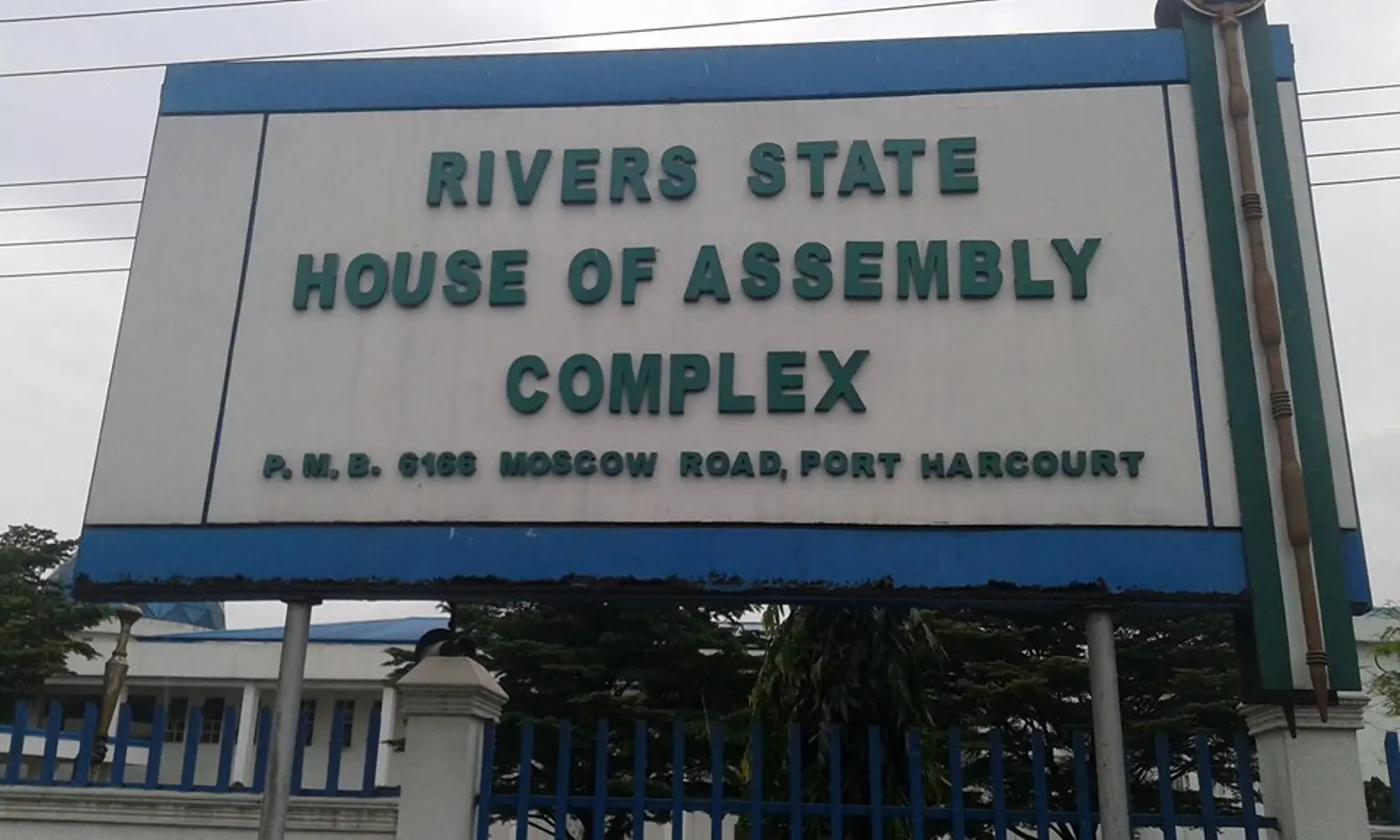
Awards N3m Cost Against Esene, Ojezua
The Court of Appeal sitting in Abuja on Friday struck out the appeal by governorship aspirants of the Peoples Democratic Party (PDP) in Edo State, Arthur Esene and Anselm Ojezua, seeking to disqualify the party’s candidate in the forthcoming September 21 governorship election, Asue Ighodalo.
Esene and Ojezua had in the appeal marked CA/ABJ/CV/863/2024, prayed the Court of Appeal to set aside the April 17 judgment by Justice James Omotosho of the Federal High Court, Abuja, which dismissed their suit for being statute barred.
Justice Omotosho had also held that not only did they fail to prove their claim that Ighodalo forged his voter’s card, the non-possession of voter’s card did not constitute a disqualifying factor under the Constitution and the Electoral Act to deny a candidate from contesting election.
On Friday, the Court of Appeal, in a unanimous judgment of a three-member panel, affirmed the April 17 judgment by Justice Omotosho and awarded N3 million cost against Esene and Ojezua in favour of the Independent National Electoral Commission (INEC), the PDP and Ighodalo.
The appellate court, which determined all the five issues identified for determination against the appellants, held that not only was the suit, from which the appeal emanated, statute barred, having been instituted outside the 14 days allowed for pre-election cases, it was also without merit.
Justice Hamma Barka, who authored and read the lead judgment, held that the issue in contention in the case was pre-election in nature and therefore fell under the provision of Section 285(9) of the Constitution, which mandates the filing of a pre-election case within 14 days from the date of the occurrence of the event or action complained of.
The judge stated that the current position of the law is that the date to be reckoned with in computing the 14 days is the date of the occurrence of event, decision or action complained of and not the date the aggrieved person became aware of the event, decision or action.
He added: “The date the appellants in this appeal became aware of the particulars the fifth respondent (Ighodalo) submitted to INEC is irrelevant for the computation of the limitation period.
“The time began to run when the fourth respondent submitted the fifth respondent’s for EC9 to INEC (the third respondent) being the 24th of March 2024 as held by the lower court.
“A simple calculation from the 24th of March to the 12th of April, when this case was instituted at the lower court, will surely yield more than the stipulated 14 days, thereby rendering any action and indeed, this action, generating the instant appeal, statute barred.”
In determining the case on the merit, Justice Barka agreed with the findings of the Federal High Court that not only did Ojezua and others fail to establish their claim that Ighodalo forged his voter’s card, their suit was bereft of any merit because it was based on a flawed assumption that non-possession of a voter’s card constitutes a ground to disqualify a candidate from contesting election.
He found that the appellants failed to appeal the findings of the trial court that upon Ighodalo’s application, the Independent National Electoral Commission (INEC) actually transferred his registration from Ikoyi, Lagos State to Edo State and that INEC confirmed issuing a voter’s card to Ighodalo.
Justice Barka held that in view of these findings, the lower court’s position that the appellants did not prove their allegation of forgery could not be faulted.
He further held that the position of the law is that “where the alleged falsified document is not a qualifying factor under the Constitution, its presentation cannot disqualify an otherwise qualified person.”
The judge noted that as rightly held by the lower court, going by the provision of Section 29(5) of the Electoral Act, to disqualify a candidate for falsification, the false information complained of must relate to the constitutional requirements for qualification to contest election to the office in dispute, which, in this case, is that of the governor of Edo State.
“The lower court was on the right footing in reaching the conclusion that voter’s card was not a constitutional requirement to be qualified to contest election to the office of the governor of a state under the contemplation of Section 29(5) of the Electoral Act.
“All issues, having been resolved against the appellants, means that this appeal is devoid of any scintilla of merit and undeserving of success. Not only is the case statute barred, it is lacking in merit,” he held
Other members of the panel – Justices Usman Musale and Okon Abang – agreed with the lead judgment. In a reaction to the judgment, Ighodalo’s campaign organisation said: “With these legal hurdles out of the way, the coast is now clear for Asue Ighodalo to contest the forthcoming September election as the flag bearer of the PDP.”






